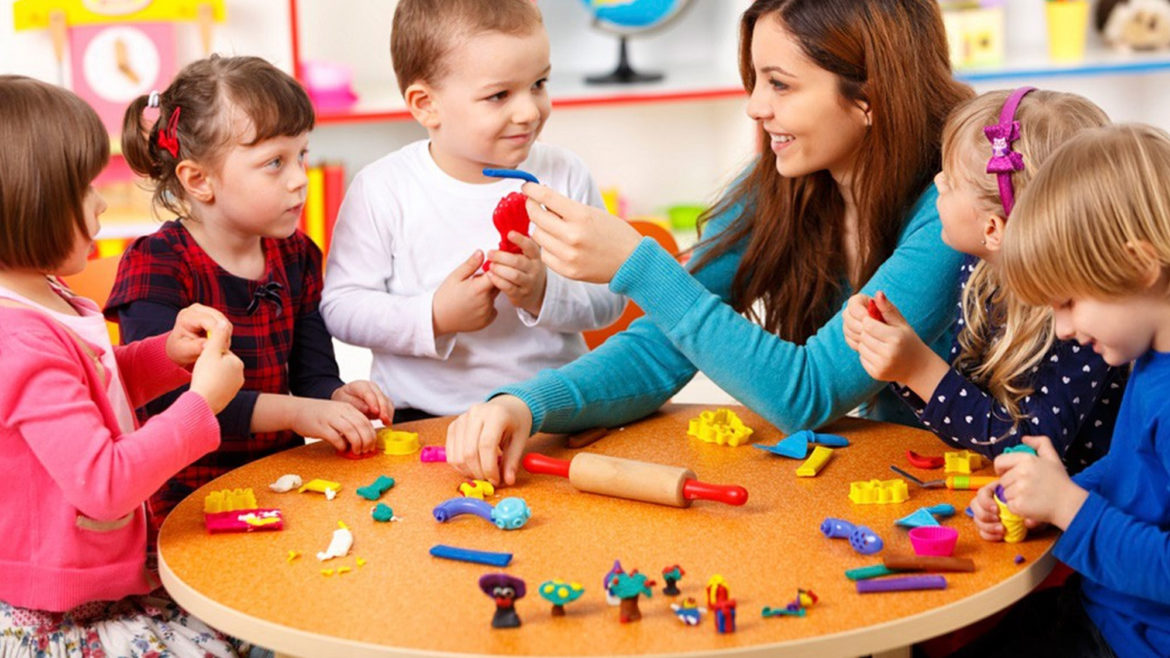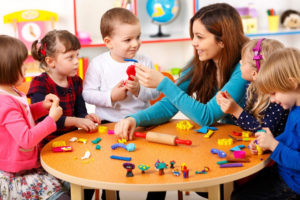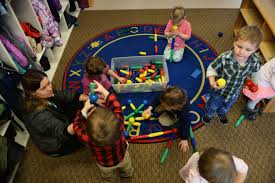Multimodal Learning
Multimodal Learning: Cultivating an Inclusive Learning Environment
By Myriam O’Farrell
Module Leader; Multi-modal Learning in Early Childhood

Multimodality is a concept of communication which suggests that becoming literate in the modern world involves more than the use of words and written texts. It involves a myriad of different modes, each communicating its own unique meaning, for example, music, movement, gestures, sounds, visuals, art, textures and so on. A mode can be described as anything which communicates meaning and as such there are several potential modes which can be utilised to support early learning experiences. In the words of Loris Malaguzzi, founder of the Reggio Emilia approach, ‘Children need the freedom to appreciate the infinite resources of their hands, their eyes, and their ears, the resources of forms, materials, sounds, and colors’. Opportunities for authentic expression should be plentiful in quality Early Childhood Care and Education programmes. By supporting learning experiences which involve various modes of expression children can engage based on their preferences and in turn drive their own learning journeys.
Consider the diverse abilities of the group
How children experience and engage with different modes will vary depending on a range of factors, such as, development, cultural background and preferences. The level of engagement with the available modes has a direct impact on what children gain or learn from an experience. For this reason it is important that a range of different modes are provided in early years practice to ensure concepts can be processed and meanings constructed by ALL children in the setting. Consider a child who speaks English as a second language, this child may not understand the aural aspects of a read aloud activity. However, if other modes are included, such as, gestures, visuals and sounds the child can construct their own understanding based on the modes which are accessible to them. Likewise, consider a child who has difficulties with verbal communication, the incorporation of additional modes can promote an inclusive environment for this child. For example, the incorporation of a music or dance element during activities which involve verbal communication.
Reflect on the individual interests and preferences of the group
The interests and individual personalities of the children will guide the curriculum design in practice. This is very important particularly when striving to create an inclusive learning environment which caters for all children. As Early Childhood Professionals it is vital to be flexible in order to work with the interests of the group and recognise that children (like adults) process information and learn in a variety of different ways. For example, if you are working with a child who primarily engages during times when movement modalities are utilised, it would be vital to ensure the learning environment provides sufficient opportunities for expression through movement.

Summary
Integrating multimodal experiences in early years practice means there is an approach in place that considers the diverse learning styles, interests, abilities and backgrounds of each child. Cultivating an inclusive learning environment is a multifaceted process which should be continuously reviewed within individual services. Adopting a multimodal approach supports this process and is a great way to start developing the inclusiveness and accessibility of the learning opportunities facilitated within the early years environment.
Are you interested in reading more around this topic? I recommend the following resources:
Marsh, J. and Hallet, E. (2008). Desirable Literacies: Approaches to Language and Literacy in the Early Years. London: SAGE Publications.
Yelland, N., Lee, L., O’Rourke, M. and Harrison, C. (2008). Rethinking learning in Early Childhood Education. England: Open University Press.




